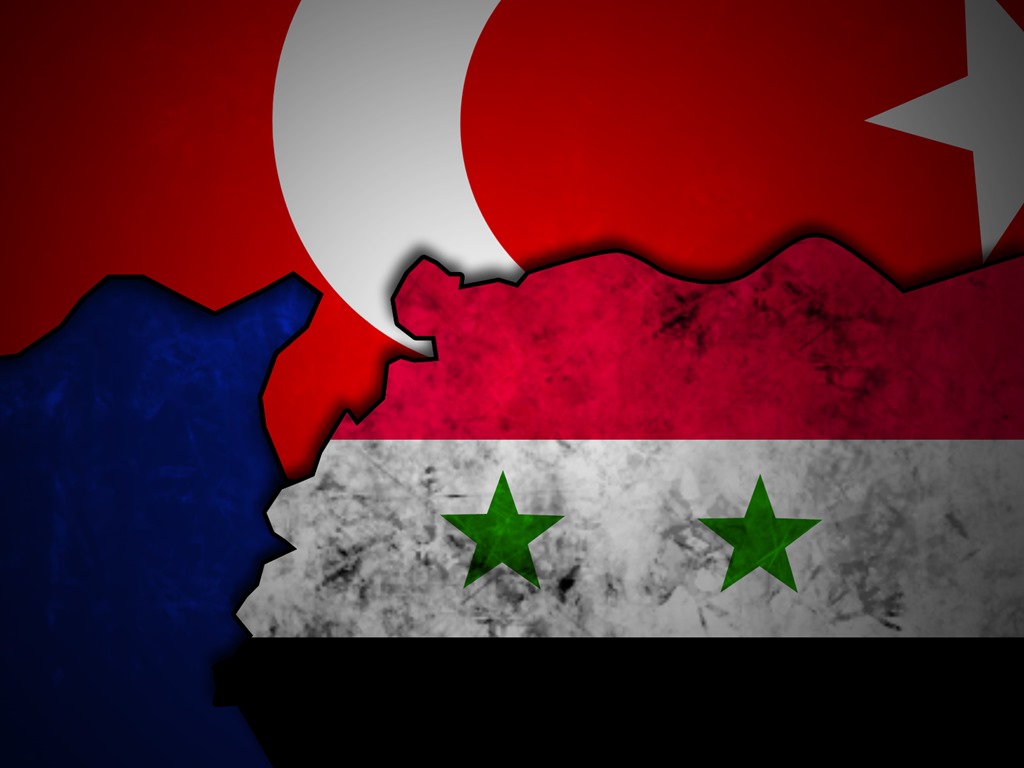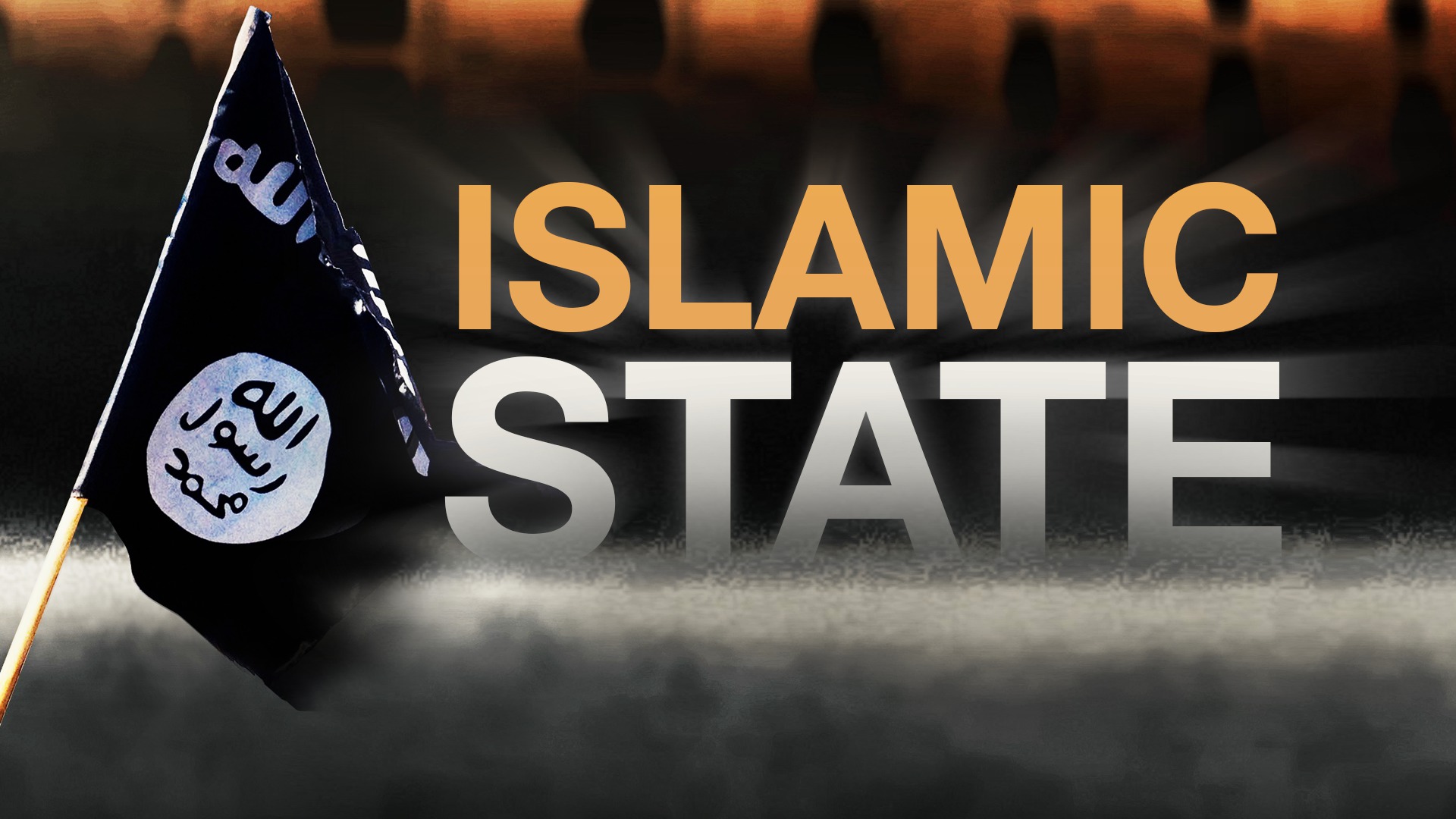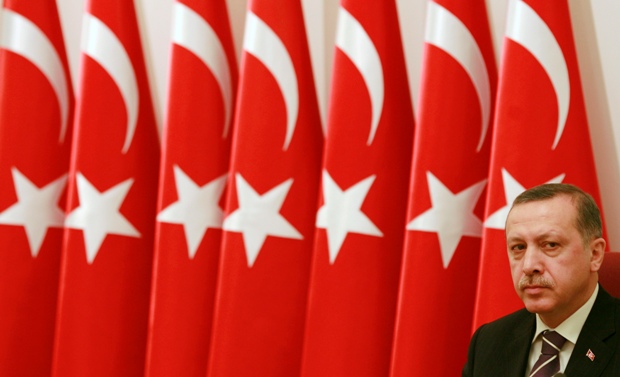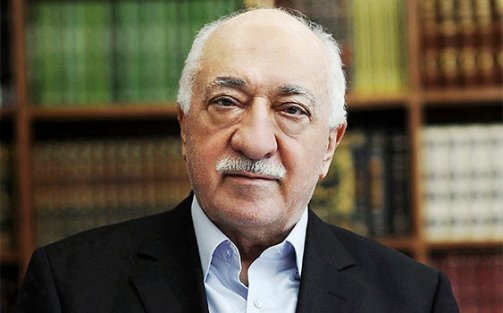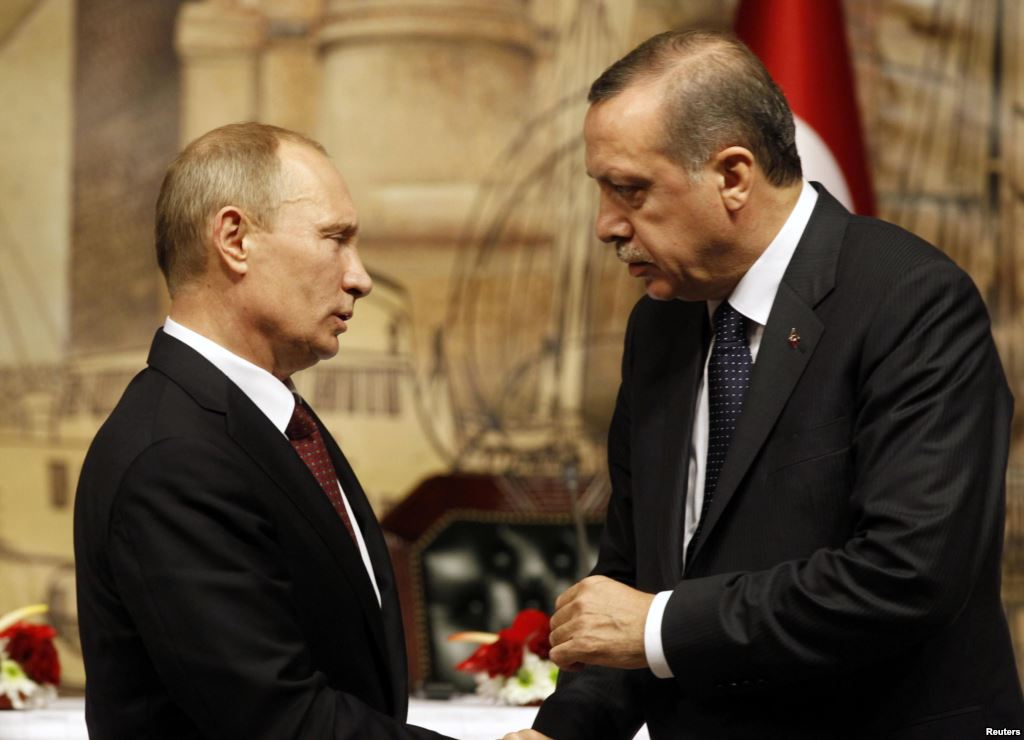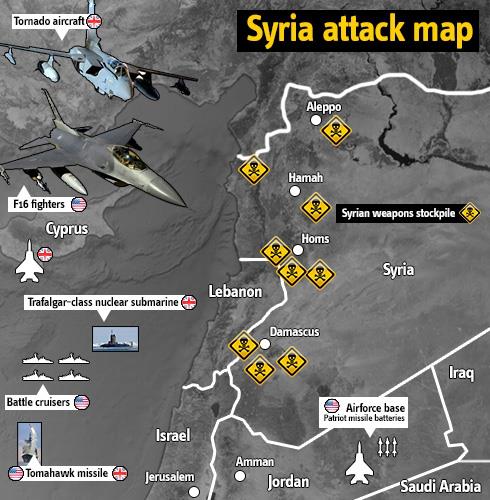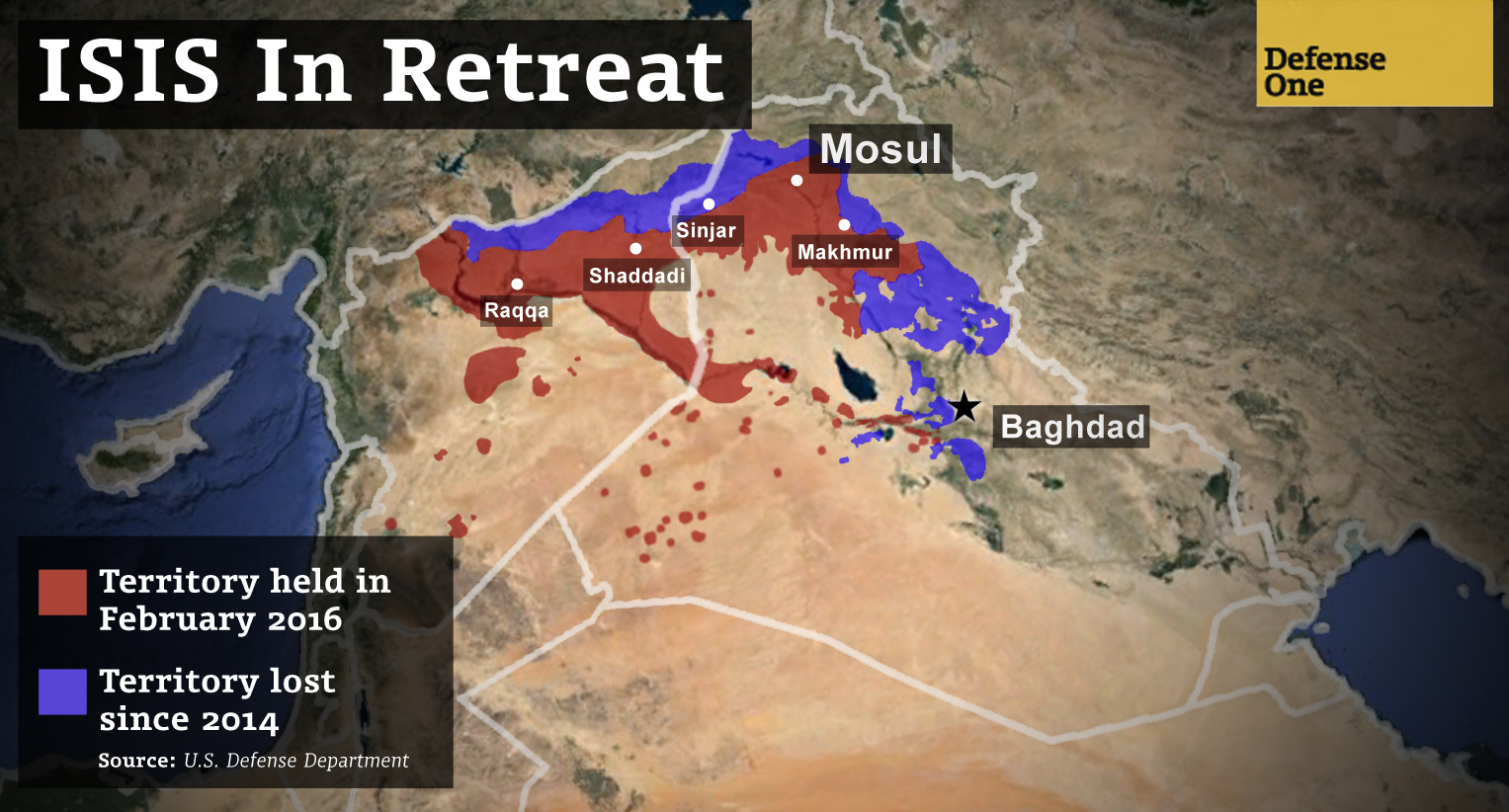Much debate has taken place on the topic how the Islamic State should be militarily defeated, including various combinations of US, Russian, European, Turkish, Iranian and Arab powers. However, too little is being said on the political solution after the military campaign.
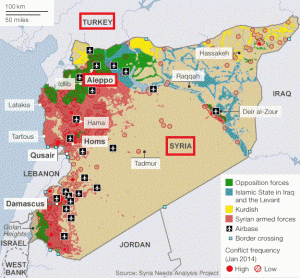
Indeed It is likely that Iran and Russia will succeed into maintening a Shia minority into power.
On the other hand Turkey will push hard to avoid the creation of a Kurdish State at its border. Their presence will be apolitical solution for the Sunni Arab portions of Iraq and Syria after the defeat of the Islamic State: a temporary Turkish and Egyptian occupation.
Syria after the Arab Spring and the Civil is a different place as what it used to be before. Arab Spring was mostly a Sunni Arab national revolution and the Sunni-Shi’a strife became much more about ethnic identity than religious dogmas.
History showed that Sunnis Arab population in Syria are unable to govern for themselves because they are highly divided among tribes. Tribalism is an important problem to generate unity. This problem lead to popularity of the murderous of The Islamic State among the Sunni Arabs in the recent past. I argued that global powers like the US or Russia lost their popularity in the Middle East with their military occupations of Iraq and Afghanistan, respectively. Therefore, they cannot be occupation powers in Iraq and Syria any more.
Egypt and Turkey had been extremely interest to create safe zone in Syria for its Sunni population. Ergodan because it want to avoid the creation of a Kurdish State at its border and become the leader of the Sunni World.
Egypt that want to surpass Saudi Arabia for the leadership of the Sunni World and more importantly fight the Muslim Brotherhood in these countries to avoid further problems at home.Refocusing of the Egyptian army to a military occupation of parts of Syria could relieve Egyptian population suffering under this terror.
Partitioning of Syria to occupation zones ruled by regimes highly different from the spectrum of attitudes to the Arab Spring would guarantee that the Sunni parts of Iraq and Syria would not become dictatorships after withdrawal of the occupiers. Egypt would tolerate development of secular and nationalist political forces including Baathist/Assadist ones in its occupation zone. On the other hand, Turkey would attempt to restore Muslim Brotherhood in its zone since AKP party is an offshoot of the Muslim Brotherhood. They will also try to develop their own version of Islam and talk about the Golden Age of Ottomanism. This is a prerequisite for future political pluralism in the new Sunni countries. However, eradication of relics of Islamist extremism and Jihadism would be the main task for the two occupation powers, be it linked to al-Qaeda or Islamic State, or Wahabism and Salafism promoted by Saudi Arabia.
This partition would be supported by exhausted superpowers such as Russia and the US. Regional players would also welcome the move since they want to achieve more stability in the region. Still it would mean Saudi Arabia would loose the leadership of the Sunni World and as the main backer for the religious rebels. Saudi Arabia would never accept that and would push the rebel to reject the authority and the occupation of these two powers. The Sunni World will then be divided between three axis : Pro-coalition, Pro-Saudi (Wahabis) and Pro Djihadis (Daesh).

